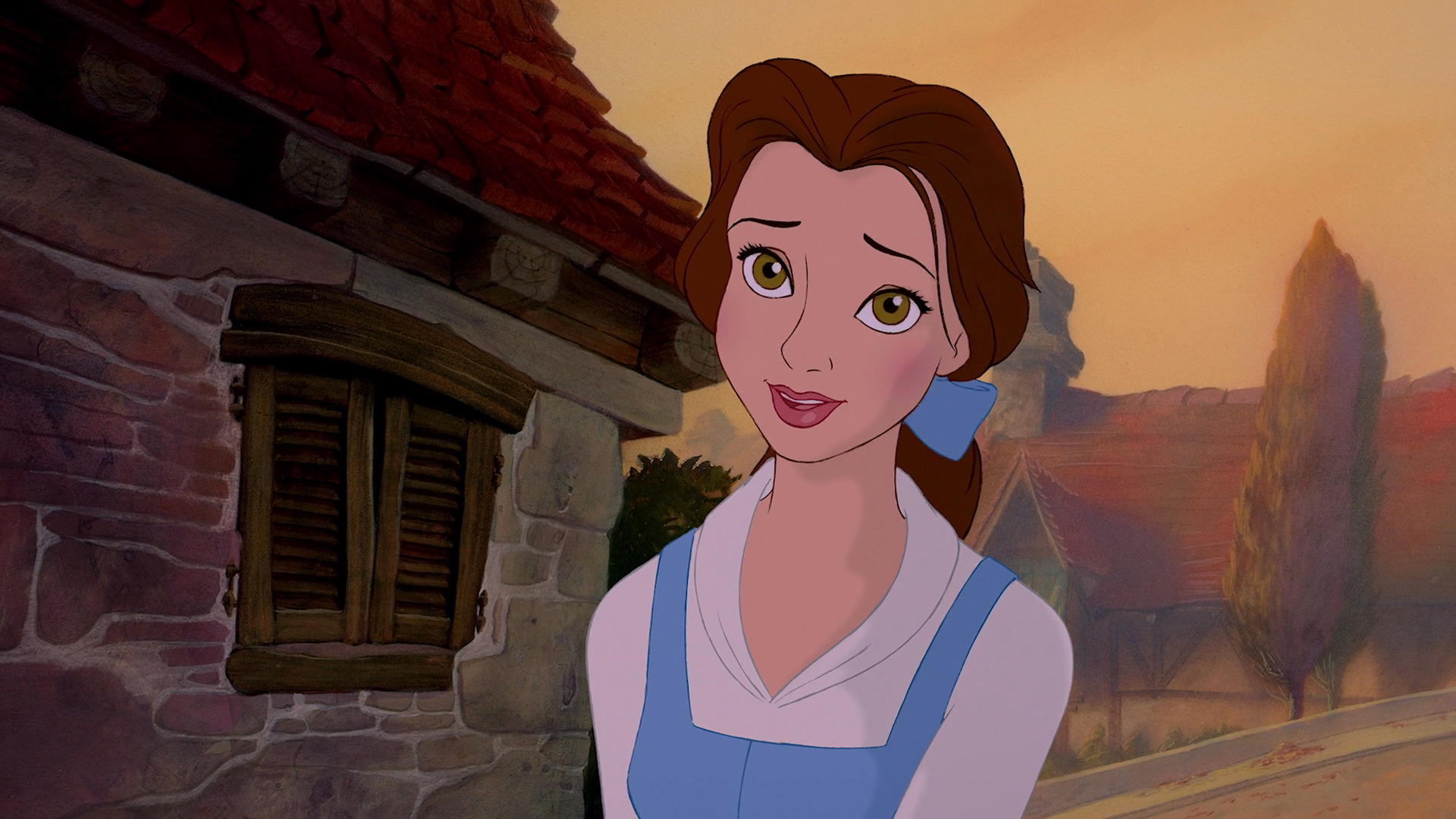[Warning: This blog post contains SPOILERS. If you somehow haven't played Bioshock Infinite, maybe don't read on. Also, you should play Bioshock Infinite, so I have more people to bitch about this game to.]
I recently had the pleasure of replaying my favorite “train wreck” game of all time, the gonzo anti-imperialist Bioshock Infinite. After shelling out a horrifying fee of $60 for the remastered “Collection,” I was eager to find out if the game (now in 1080p!) held up since its 2013 release. The answer was both “yes, God yes, this thing is brilliant” but also simultaneously “no, dear God no, bury this thing deep in the Earth’s crust, and seal away its creepy toxicity forever.”
This kind of atmosphere must have informed Bioshock creator Ken Levine's mind, in the years leading up to BS: Infinite's release. Ken thought it was time to address, through the medium of video games, the division and chaos in America. This was a really great idea... in concept. In execution, his grand vision was mired in bizarre creative bungles and the fact that Ken Levine is way, way up his own butt when it comes to literally everything.
Pictured: An actual video from the inside of Ken Levine's butt. My God, it's full of niche game ideas!!
That's not as much of an insult as it sounds, I promise. I adore Ken Levine, I think he's the closest thing to an actual genius in video games outside Hideo Kojima or Bloodborne's Miyazaki (no, not that Miyazaki.) He's clearly intelligent, an outside-the-box thinker. But the problem with outside-the-box thinkers is that sometimes they go so far outside the box they disregard common sense, ignore clear and obvious flaws with their creations, and insert fictional crushes in their AAA video games.
Jesus, it's like the Uncanny Valley had a baby with 1990s Disney. What was he thinking?
Again, let me explain.
Irrational Games was the unexpected darling of the video game industry, back in ye olde 2010 when Infinite was first announced. A beautiful but ultimately misleading "gameplay" video in 2012 served as proof of concept: Levine and co. were crafting an elaborate dystopia (again) that would involve the player using magic superpowers (again) and making weighty moral choices (again.) It was too big to fail. Hype intensified until finally, the full game was released after several worrying delays which nearly tanked potential sales.
And at first, when it was released, people loved it. It was every bit the weird, new, different experipeople had expected--while many elements were missing from the final version, it remained a bizarre, gory romp through a fictional city with lots of bullets flying and fanatics screaming. I loved it.
But it has a problem. And that problem is called... Elizabeth.
Elizabeth is an AI companion, a complex and engaging character who drives the narrative of the story. She's capable of opening dimensional rifts, which is a clever method of spicing up combat that otherwise would get dull and repetitive. When a firefight starts dragging, you can just open a portal and pull a machine-gun turret through, and presto--the tables are turned! That feeling of outsmarting the enemy is crucial to Bioshock gameplay, and it was present and accounted for.
Yet... There's something off about Elizabeth. What could it be? Is it her visual design, cribbed from Beauty and the Beast?
"Be our guest, be our guest, Infinite fails the Bechdel test..."
No, the problem with Elizabeth is that she was conceived from the ground up for the player to get attached to her. And not just in a comradely, "gosh-thanks-for-saving-me-from-robot-George-Washington" kinda way. No, Elizabeth's design and voice acting (and her sudden change to a "sexy" costume mid-game) is all engineered to draw in male fans who are attracted to her. And this is where the game starts to fall apart.
Because at a certain point, Levine (and by extension, some portion of the dev-team) started caring more about making Elizabeth appealing, than about making her a character, and this single-handedly turns the game from a wild alt-history ride into a painful slog, complete with dozens of cringe-worthy moments.
Let's start with the elephant in the room. Elizabeth is 17. She is, for all intents an purposes, an innocent child at game start. You rescue her from a secluded tower, making this the weirdest Tangled fanfiction ever put to screen, and immediately traumatize her by murdering a bunch of sky-racists right in front of her.
Now that's what I call foster parenting!
Okay, well... Not the healthiest start to any relationship, platonic or otherwise. You follow this up with more murder. And more, and more, and more. Somehow, in between these massive bloodbaths, Elizabeth starts to care for you. She sees you as her savior--and that cracks open a can of worms so loaded with unspoken context and damsel-in-distress undertones that I'm not even gonna get into it, here. Suffice to say, Elizabeth's feelings for you are based on Stockholm Syndrome at best. At worst, she seems like your unwilling prisoner. The game does try to grant agency to her, but given her actions in the game are all pre-scripted, she ends up feeling more like a Westworld "host" than a real human being. Some of that can't be helped--this was an experimental NPC, after all, and Irrational was going out on a limb by creating her. She's an untested prototype, a bundle of code written to be as realistic as possible... which, given the limitations of the Unreal engine, isn't very.
And yet, despite all of this, I really like Elizabeth. Even though her dialogue feels canned and her design is simpering and helpless, she's still fun to travel with... if a little obnoxious. Her character "arc" is all over the place as she starts a doe-eyed waif, then switches to femme-fatale by getting a haircuit, and then there's that part of the game where you meet a future version of her, who's been tortured for decades and... she's pretty much the same? But with wrinkles? Also, because this game borrows the "multiverse" approach from Rick and Morty, there are infinite versions of her across infinite timelines--some of whom we actually see in the game. And honestly, it's kind of hard to get invested in her story, when there are infinite duplicates of her out there. Why care about the peril of a character, when there are 1,000 other versions of her that are perfectly fine? And why can't we go to one of those universes?
"Th-th-there's infinite Elizabeths out there, M-Morty! It gets fuckin' excessive, Morty! They're gonna drown you in the climax of the game! It's real--BRRURRP, it's real fucked up Morty! It makes no sense!"
Anyway. Like it or not, Elizabeth is the beating heart of the game. All the gameplay, all the Vigors and gear and cool cinematic moments, would ring hollow without her. You can see why Ken Levine fought tooth and nail to keep her in the game, despite several attempts by the publisher to push her out. Without her, BSI would be just another shooter. A very pretty, well-lit and atmospheric shooter, but nothing more.
And fighting for "weird" game elements is Levine's strength. He excels when he pushes boundaries--even when some boundaries should probably remain un-pushed. Take for example, the scene where you help Elizabeth, who later turns out to be your daughter [spoilers] to lace up her corset--and the game gives you a realistic view of her shoulderblades, the whole time. Who asked for that scene? Was it you, Ken?
It totally was.
Also, why does she stay in the corset after that scene? It looks really painful. Do they not have T-shirts, in Columbia? People steal Jimi Hendrix songs from the future in this game, and they can't get Liz a nice Rolling Stones tee? God dammit.
Guess I'll just listen to the AMAZING soundtrack for the fiftieth time. Fuck you, Ken. Fuck you for making me love this game so much.
The core problem with Elizabeth isn't the voice acting (which is excellent) or the big moments featuring her (and there are LOTS of these, almost to the point of saturation.) The problem is that Levine is over 50 now, and even when he was making this game, he was an older white male gamer building the "perfect companion" for other white male gamers. As a result, Elizabeth's design and mannerisms come off as strongly pandering to that demographic.
And an infinite multiverse, this feels lazy. Where's our studly dude companion, for the ladies? Where's our Furiosa Liz, with a skyhook for an arm and a badass buzz-cut? Hell, if this is a game with multiple realities, why can't we select Liz's gender and outfit at the beginning, choosing from all of her infinite counterparts to create a custom compadre? Yes, I know, all this would be hellishly expensive to program and rig. But anything would help to make her feel like less of a... "targeted marketing" product, shall we say.
She feels like a diplomatic overture to horny, lonely gamer guys. "Buy our game, and you'll get a cute female companion! You can murder whoever you want, she doesn't care! Well, she does, but she can't do anything about it because she's a walking plot device and Ken worked REALLY hard on her and wrote her into every scene without considering how dated and creepy it would look five-plus years later, so deal with it!"
She feels like a diplomatic overture to horny, lonely gamer guys. "Buy our game, and you'll get a cute female companion! You can murder whoever you want, she doesn't care! Well, she does, but she can't do anything about it because she's a walking plot device and Ken worked REALLY hard on her and wrote her into every scene without considering how dated and creepy it would look five-plus years later, so deal with it!"
"If you think THAT'S bad, wait till I hit you over the head with these endgame twists!"
I'll stop there, before I drown everything with impotent nerd-rage. But the point is, Elizabeth is both immersive and flawed, just like the game-world she lives in. She might be a digital fetish object, and a borderline-Mary-Sue whose powers wax and wane comically with the requirements of the "story." But she's also a surprisingly strong emotional anchor for the game's rebellious spirit--and honestly, I would help her zap people with lightning, any day of the week.
RIP, Liz. Your game could have been better, but it was truly ahead of its time.

















